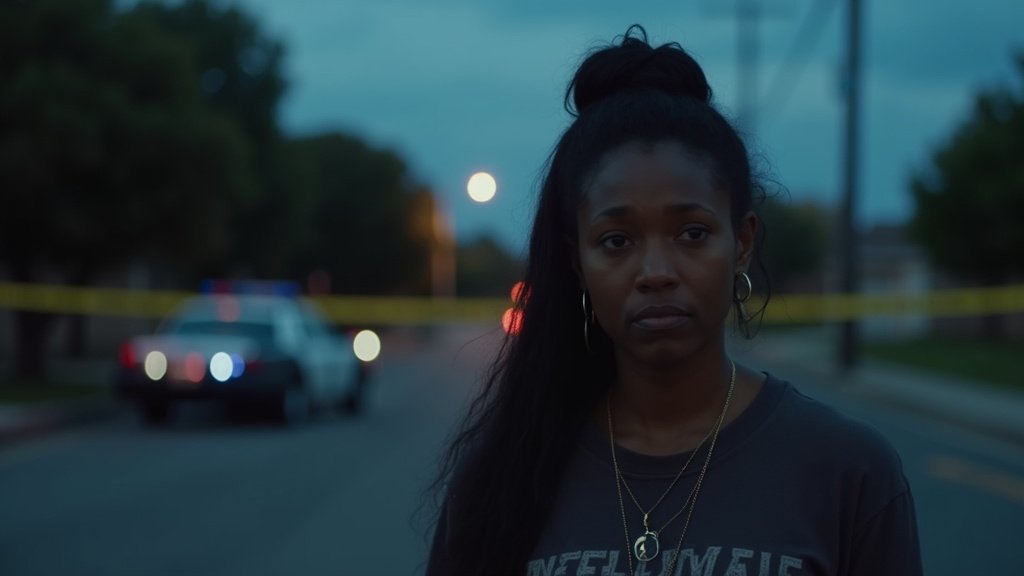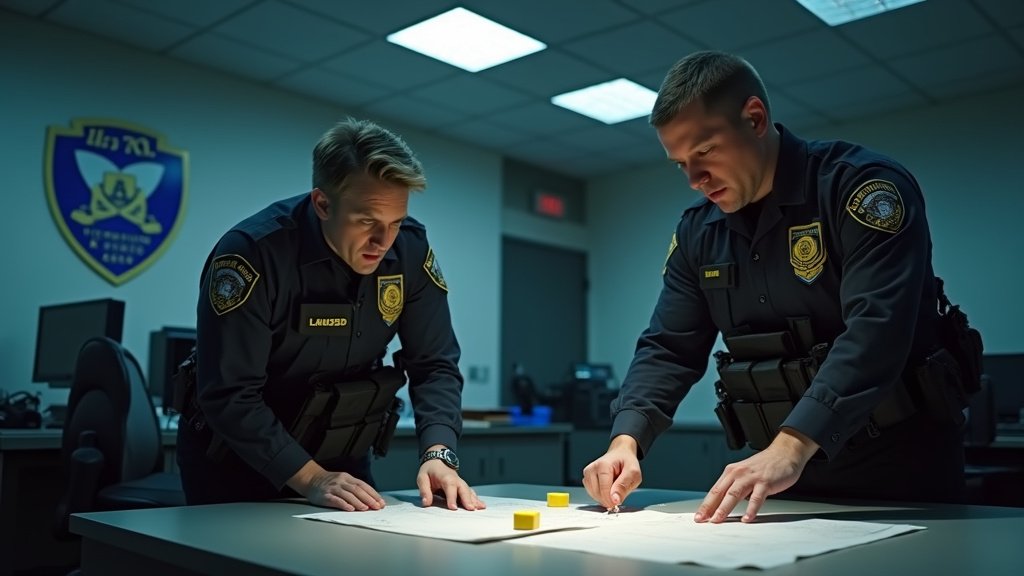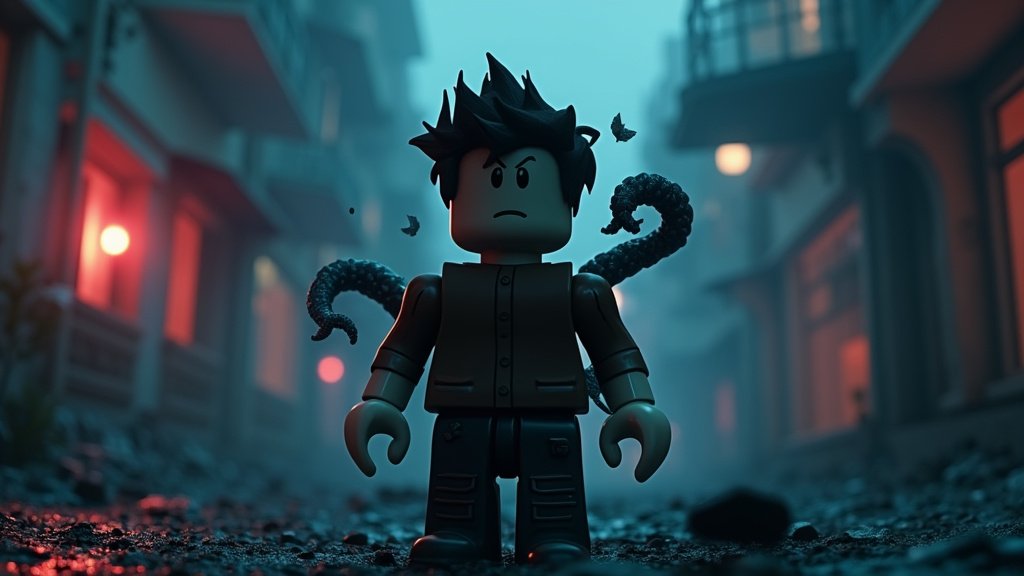A Compton Family’s Agonizing Wait: Two Killings in Eight Months, Justice Denied
Compton, a city that once grappled with its reputation as an epicenter for gang violence, has seen a notable decline in homicides in recent years. However, for one grieving family, the specter of violence looms large, amplified by the brutal reality of two killings within a mere eight-month span. The agonizing search for justice in these cases highlights systemic challenges and raises difficult questions about fairness and investigative thoroughness, particularly for marginalized communities.
The Second Tragedy: Richard Ware’s Death
The most recent loss for the family was Richard Ware, who was fatally stabbed. The circumstances surrounding his death have been met with profound disappointment by his loved ones. Authorities, citing the principle of self-defense, ultimately declined to file charges against the individual alleged to have committed the stabbing. This decision has left Ware’s family reeling, with a strong conviction that the investigation was inadequate and that critical aspects were overlooked. They believe the narrative of self-defense does not fully account for the events that led to Ware’s untimely death, fueling their distrust and deepening their pain.
A Pattern of Unresolved Loss
Richard Ware’s homicide is not an isolated incident for this Compton family. His death followed closely on the heels of another killing that claimed the life of his nephew. The proximity of these two devastating events, occurring within just eight months of each other, has created an almost unbearable burden of grief and frustration. The fact that both cases remain unresolved, or in Ware’s case, closed without charges despite the family’s strenuous objections, underscores the profound sense of injustice they are experiencing.
Disparities in Clearance Rates: A Disturbing Trend
The challenges faced by this Compton family are not occurring in a vacuum. Los Angeles County Sheriff’s Department data for 2024 has revealed a concerning trend: a lower homicide clearance rate for Black victims when compared to white and Asian victims. This statistical disparity, a stark reminder of ongoing inequities, adds another layer of complexity to the family’s struggle. The implication that investigations into crimes against Black victims may be less successful or thorough, intentionally or not, is a deeply troubling aspect of the current Los Angeles criminal justice landscape.
Compton’s Evolving Landscape and Lingering Shadows
Compton’s journey towards overcoming its past has been a significant one. The city has made strides in reducing overall crime rates, moving away from the violent narratives that once dominated its headlines. Yet, the persistence of unsolved homicides, like that of Richard Ware and his nephew, casts a long shadow over these improvements. These cases serve as critical reminders that while progress is being made on a macro level, the micro-level impact of violence and the subsequent quest for justice can still leave deep wounds.
The Elusive Nature of Justice
For families like the one grappling with these twin tragedies, justice often feels like an elusive concept. The legal system, with its inherent complexities and the often-subjective interpretation of events like self-defense claims, can leave victims’ families feeling unheard and dismissed. The current situation in Compton, where a family has endured two profound losses in rapid succession and faces an uphill battle for accountability, underscores the urgent need for greater transparency, thoroughness in investigations, and a more equitable approach to justice for all victims, regardless of their background or the changing trends in urban crime statistics. The ongoing news from Los Angeles continues to highlight these critical issues, making the search for resolution a pressing concern for many.





